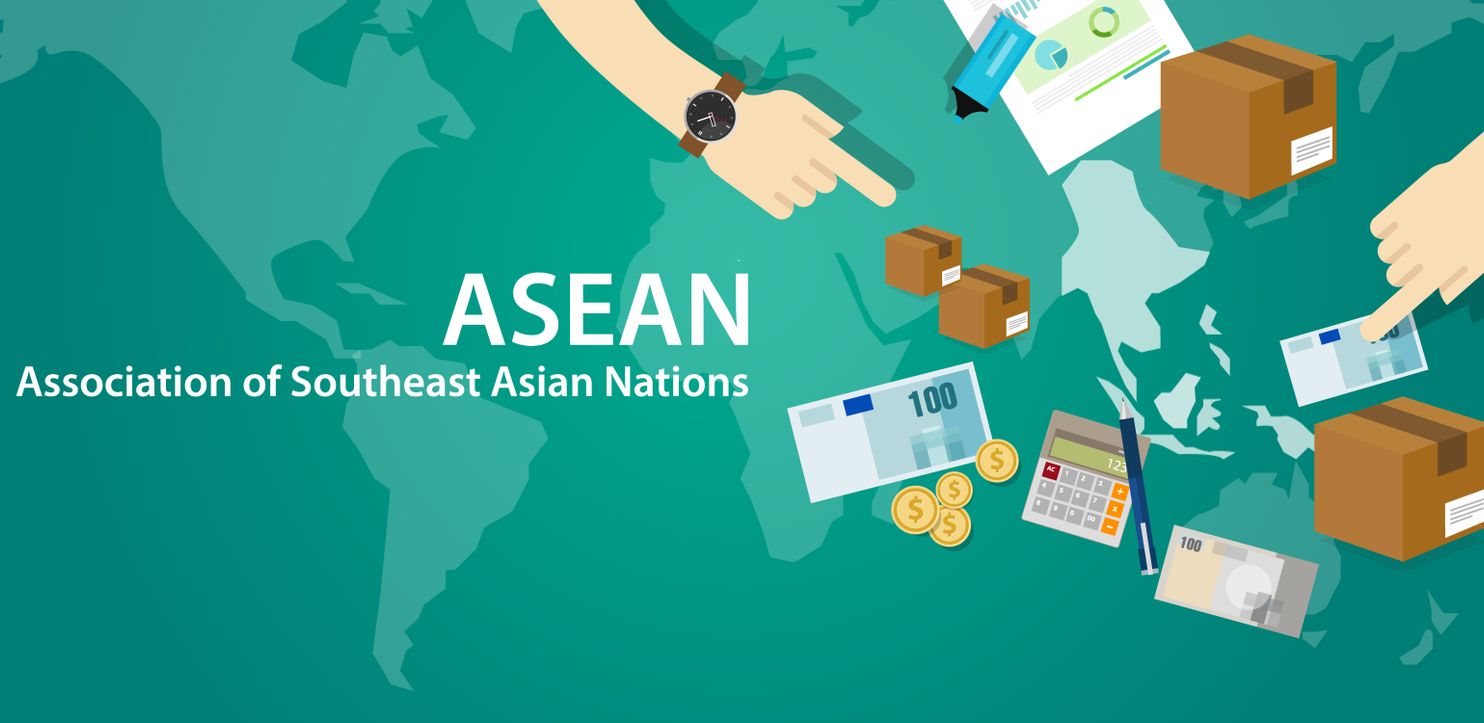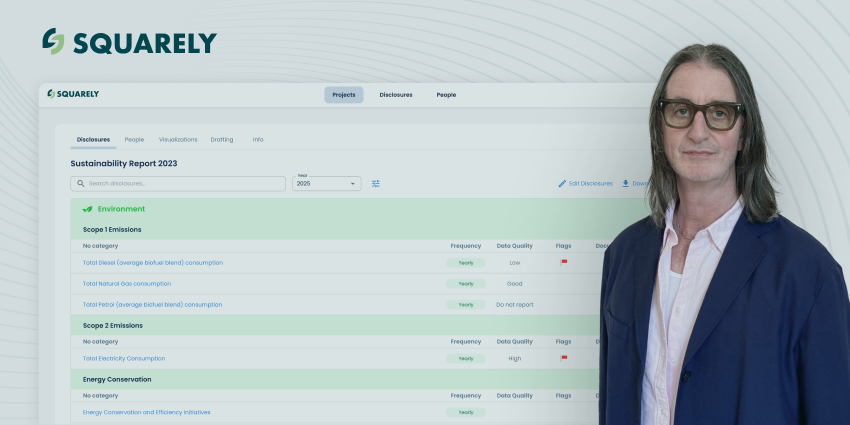STRENGTHENING CORPORATE GOVERNANCE IN ASEAN COUNTRIES
The absence of an effective reform in corporate governance of the Association of Southeast Asian Nations (ASEAN) companies can hinder foreign investment.
In 2016, The Asian Corporate Governance Association lowered the rating on corporate governance for large ASEAN economies such as Indonesia, Malaysia and the Philippines by 3, 2 and 2 scores respectively. These markets were unsuccessful in improving initiatives of corporate governance in both the public and private domains as a result of weak enforcement practices. Thailand maintained its scores for 2014 as a result of strategic regulatory changes despite a difficult political environment. The only ASEAN country that gained 3 scores in 2016 was Singapore.
Several studies have shown that investors have greater confidence in companies with good corporate governance and more generally in markets that are backed by sound legal and regulatory regimes. For example, one regional study showed that both firm-level governance improvements and country-level investor protections in Asia can lead to reductions in the cost of capital (The University of Hong Kong, 2003).
Investors in Asia are raising the bar of corporate governance with the adoption of the Stewardship Code.
Institutional investors in Taiwan, Hong Kong, Japan and South Korea have adopted the Stewardship Code. It is a guide for investors to define their ownership and governance responsibilities.
In South Korea, companies are being required by investors to have more transparent voting and stewardship policies on how to resolve actual or potential problems arising from conflicts of interest. In response to this, several Korean conglomerates have announced changes in their ownership and voting structure, intra-group transaction and deals.
By April 2018, there were only only South Korean 6 conglomerates with 41 cross sharing arrangements. (The Korea Fair Trade Commission). It means that 51 conglomerates reduced 239 cross-sharing systems within 1 year. Companies are expected to benefit from more transparent and streamlined ownership structure in the long term.
The Stewardship Code was introduced by president Moon Jae-in to reform South Korea’s conglomerates and improve corporate transparency on May 10th, 2017. In line with this, the nation’s largest investor and the world’s third largest fund (US$537.09 billion as of July 17) – National Pension Service announced to adapt stewardship code by 2018. This announcement has encouraged other public funds, major private financial groups and service providers to follow. Forty four South Korean institutional investors, have adopted the Stewardship Code as of May 2018.
Corporate government reforms expected in ASEAN countries to remain competitive
ASEAN countries have a combined per capita gross domestic product in 2016 of just $4,034 (ASEANstats), only half of China’s $8,132 and a fraction of developed East Asian countries, such as Japan ($38,972), South Korea ($27,538) and Taiwan ($22,561), according to World Bank and CEIC figures. Foreign investment is an important boost to unlock economic potential in ASEAN countries. In 2016, Japan and South Korea are the third and fifth largest investors in ASEAN economies with nearly $14 and $6 million respectively. (ASEAN Investment Report, 2017).
With the big changes regarding corporate governance from East Asia economies accounting for 20% FDI in ASEAN (ASEAN Investment Report, 2017), it is crucial for ASEAN companies which are competing for foreign investment to continue pushing for corporate governance reform.


